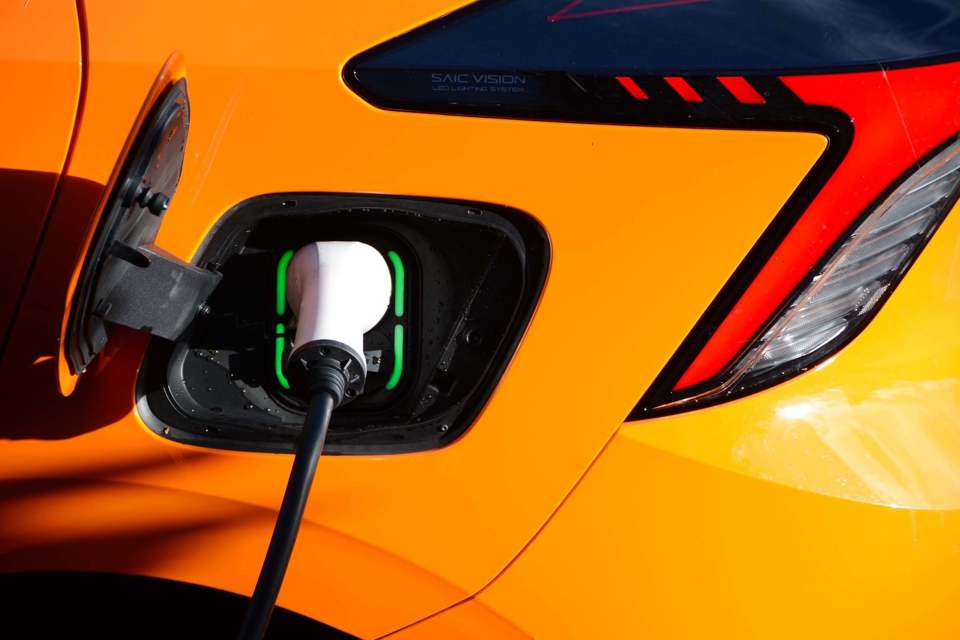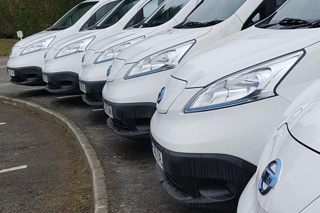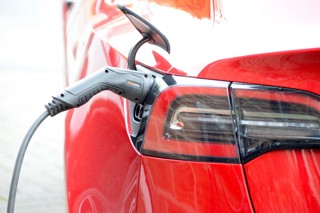DriveElectric is predicting that battery electric vehicles (cars and light vans) will account for nearly a quarter of all new registrations in the UK this year at 448,000 vehicles.
The estimate is based on the EV leasing company’s own forecourts and represents a significant increase on the 267,203 registered in the UK in 2022.
Mike Potter, DriveElectric managing director, says: “EV registrations will continue to increase in 2023, as the industry recovers from challenges such as the semiconductor shortage, and as yet more new EV models come to market.
“Businesses will continue their enthusiastic transition to EVs, however the risk is that retail demand will be impacted by cost of living concerns.”
DriveElectric said the spike in registrations will be due to BEV availability continuing to improve, following ongoing vehicle shortages primarily due to semiconductor supply issues over recent years.
Car and van manufacturers will also have more capability to produce and deliver vehicles as more EV factories open around the world.
More BEV brands are due to be launched in the UK this year too, particularly new Chinese brands like Nio, Aiways, Great Wall’s Ora brand, Xpeng, Lynk & Co and BYD all looking to launch here.
DriveElectric said other key factors for continued growth of the BEV market include the continued expansion of public charging networks, interest in solar and vehicle-to-grid technology and benefit in kind (BIK) rate increase confirmation until April 2028.
Zero Emission Vehicle Mandate
Looking further ahead, a Zero Emission Vehicle Mandate is due to be introduced by the UK government from 2024.
While full details on this mandate are still unknown, the overall aim is to mandate manufacturers to sell an increasing proportion of EVs each year in the lead up to the UK's 2030 ban on new petrol and diesel car and van sales.
From 2025 onwards, DriveElectric is predicting the BEV market will increase to around 50% of new cars and light vans.



















Login to comment
Comments
No comments have been made yet.